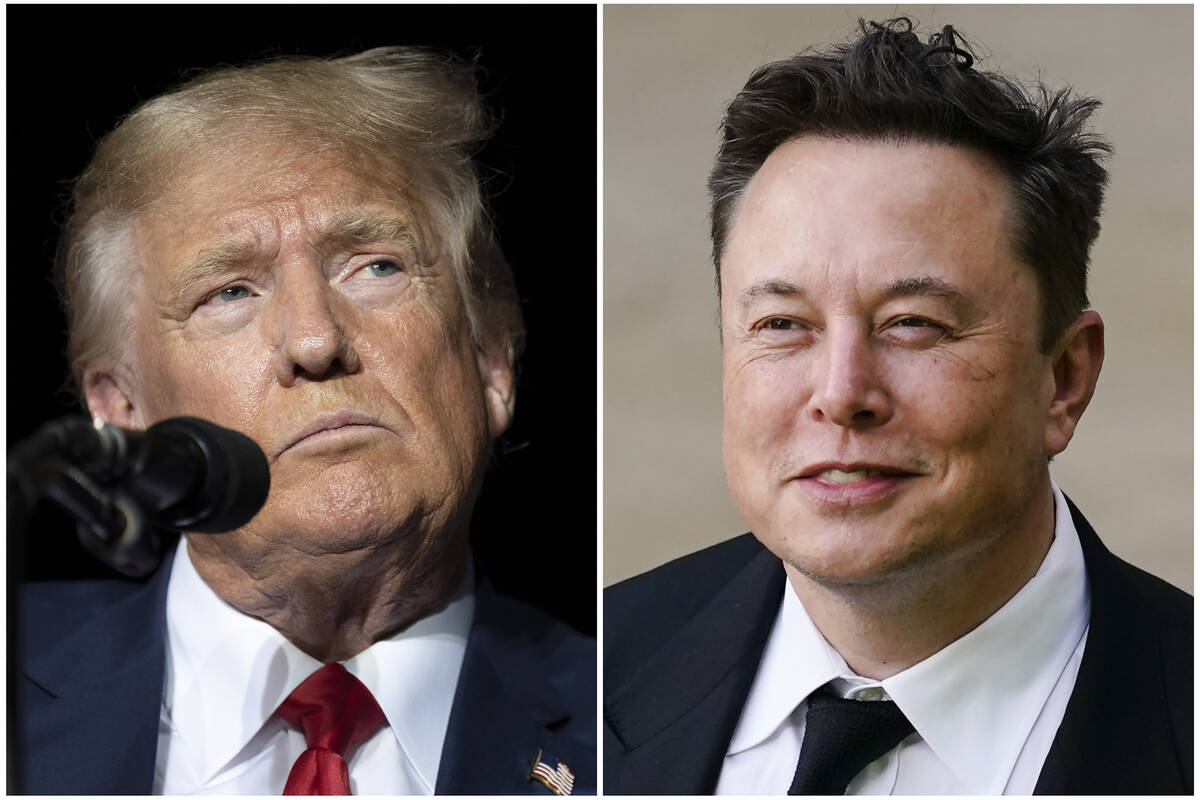SAUNDERS: Democracy dies in darkness — or openly at a White House press briefing
WASHINGTON — This is how much Elon Musk spooks big media.
At Monday’s White House press briefing, a reporter asked White House Press Secretary Karine Jean-Pierre if the Biden administration was going to do something to muzzle Musk ahead of the billionaire’s scheduled conversation with Donald Trump via X that evening.
After mentioning the impending Musk-Trump interview, Washington Post reporter Cleve R. Wootson Jr. offered that “misinformation on Twitter is not just a campaign issue,” but “an America issue.”
He then asked, “What role does the White House or the president have in sort of stopping that or stopping the spread of that?” Wootson specifically asked if the White House saw a role “intervening” before the interview aired because he anticipated “campaign misinformation,” but also something “wider.”
Here’s the whole quote:
“Elon Musk is slated to interview Donald Trump tomor -tonight on - on X. I don’t know if the president is going to tune in. Feel free to say if he is or not. But I - I think that misinformation on Twitter is not just a campaign issue. It’s a - you know, it’s an America issue. What role does the White House or the president have in sort of stopping that or stopping the spread of that or sort of inter- - intervening in that? Some of that was about campaign misinformation, but, you know, it’s a wider thing, right?”
It’s a sad day when hints that the government should monitor interviews come from The Washington Post, the newspaper that cut its teeth breaking the Watergate story.
KJP showed more sense. She responded that the Biden White House is aware of the responsibilities that “social media platforms have when it comes to misinformation, disinformation.” She added that X is a private company, and the Musk-Trump interview wasn’t something that she was tracking. Ditto Biden.
I have another question.
Since when do reporters suggest the government lean on its perceived rivals? What happened to the glorious notion that the way to fight bad speech — assuming it’s bad — is with more speech? Better speech?
Too often, misinformation is the word censors use to justify their urge to silence people who don’t share their worldview.
By the way, how many times have we seen stories damned as misinformation — say, on COVID policies, or Hunter Biden’s laptop — later turn out to be true? How do we find out if we are wrong? By listening.
The White House famously is called a “bubble” — an insular environment that keeps outsiders out and insiders snugly inside the echo chamber. The role of journalists should be to pierce the bubble, but in my time in Washington, some high-profile reporters have considered themselves enforcers.
When Trump was president, press briefings included many versions of this question: How can you say that?
Not enough: Why did you say that?
Wags have scoffed at the Pulitzer-Prize winning newspaper’s motto, “Democracy Dies in Darkness.” Monday, a Post reporter harmed any pretense of fairness on a national stage.
What happened Monday night? Musk, who had endorsed Trump, interviewed Trump. There were technical glitches, but democracy didn’t die.
Contact Review-Journal Washington columnist Debra J. Saunders at dsaunders@reviewjournal.com. Follow @debrajsaunders on X.























